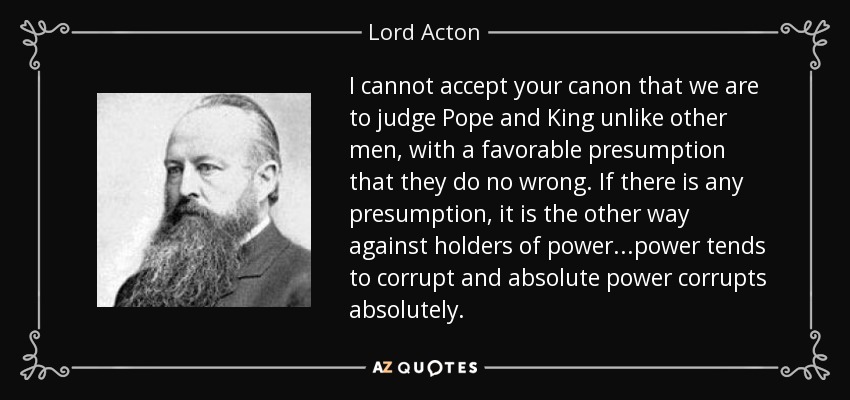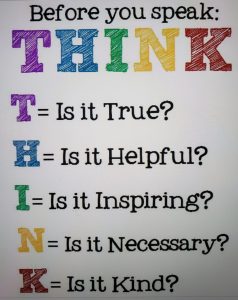Honestry is mandatory & dishonesty shows a lack of integrity & should result in failure.
The Propriety and Ethics team in the Cabinet Office undertake the due diligence process. Mandleson was supposedly subjected to Developed Vetting. After his ambassadorial appointment he was apparently National Security vetted by UK Security Vetting.
The question is why, in view of all this, he was ever appointed to such an important role? He obviously lied, but why was he believed? Or was this simply a bad political decision for expediency reasons? Questions were supposedly put about Mandlesons ongoing relationship with Epstein. But wern't his answers thoroughly checked?

The Met is conducting a criminal investigation into the leaking of sensitive information to Epstein & the relationship with him, so we won't get full discolsure until that is finished. But there are serious questions about PM Starmer & chief of staff McSweeny, (who was a protege of Mandleson & pushed for his ambassadorial appointment).
This is serious enough to bring down not only the prime minister but the government itself. If it were an isolated error of judgement it might not be so bad, but it is only one of several policy reversals, "U-turns," and political misjudgements, since labour came to power in July 2024;-
- Freebies Scandal
- Winter Fuel
- 2 Child benefit
- Tractor Tax
- Universal Credit
- Employment Rights
- Worker Status Reform
- House of Lords Reform
I've probably missed some. But you get the picture.
I'm prepared to believe that Starmer does have the right purpose, attitude, morals & values. But his great fault is perceived lack of good judgement. Parliament is a hornets nest. The hornets will attack weakness.
Labour were out of power for 14 years. You would think that during that time, as well as being an effective opposition, they would have prepared for government. Especially as it became more & more obvious what a complete mess the consevatives had made of their time in government. The public were more than ready for change. We also wanted a clean government, without all the sleaze & entitled arrogance that typified particularly the Johnson years. We wanted a government that actually represented the people's needs & wishes.
Now we have chaos & a real possibility of a Reform government. Things couldn't be much worse at such a critical time internationally as well as here in the UK.





